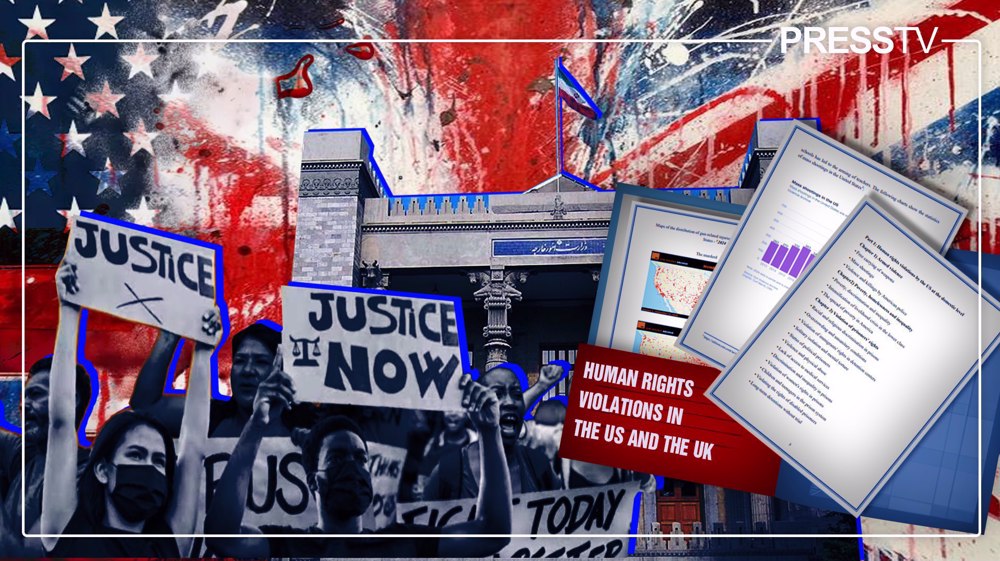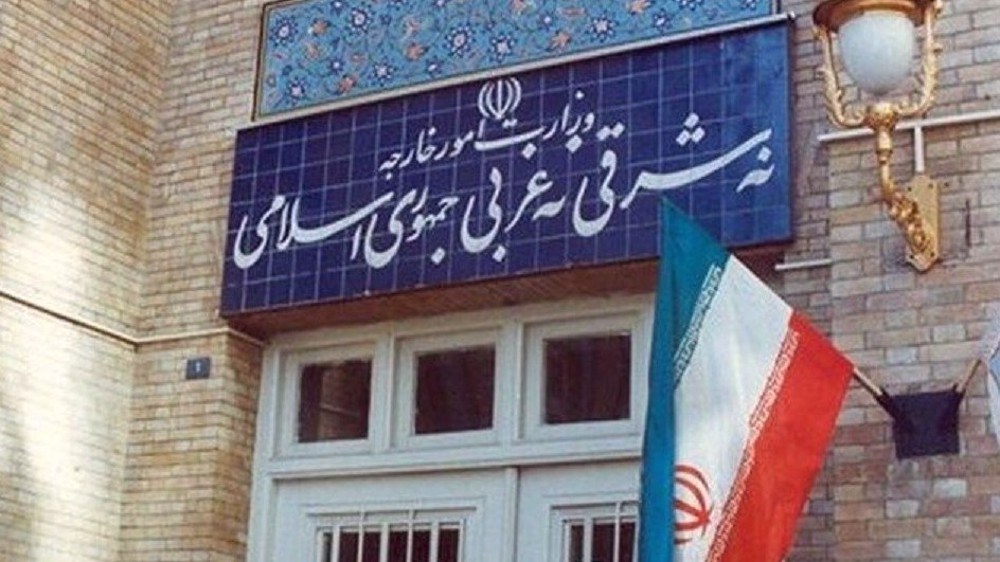UK shadow foreign secretary slams execution of Saudi Shia cleric
UK shadow foreign secretary has condemned the execution of prominent Saudi Shia cleric Sheikh Nimr al-Nimr.
Hilary Benn said Riyadh “was profoundly wrong” to execute the Sheikh Nimr, who was seen as an outspoken critic of the Saudi regime and vocal supporter of peaceful anti-regime protests.
“Saudi Arabia profoundly wrong to execute Sheikh Nimr al-Nimr. Opposed to the death penalty and Amnesty had serious concerns about his trial,” Benn wrote on Twitter on Saturday.

Meanwhile, Liberal Democrat leader Tim Farron condemned the execution of the Saudi cleric and 46 other prisoners as "abhorrent" and urged the British government to pile up more pressure on foreign governments into abolishing the death penalty.
“"I utterly condemn Saudi Arabia for the execution of 47 people including the prominent Shia cleric Sheikh Nimr al-Nimr. Capital punishment is utterly abhorrent and the Prime Minister needs to turn round to our 'ally' and tell them capital punishment is wrong,” Farron was quoted as saying on Saturday.

Protest rally in London
British protesters rallied outside the Saudi embassy in London to express their anger about the executions.
Amnesty International UK's Shane Enright was also among the demonstrators.
'This is an absolute, fundamental, breach of basic human rights,' said the rights activist, pointing to a recent Amnesty report which concluded that the trial against Sheikh Nimr was 'deeply flawed'.

“We also came to the conclusion that he was jailed solely for expressing his peaceful points of view, protesting peacefully against the regimes,” he added.
'Turning blind eye to atrocities'
The UK-based International human rights group Reprieve, slammed British and US governments for supporting their ally Saudi Arabia despite its alarming human rights record and said they “must not” turn a blind eye to the executions.
"Saudi Arabia's allies - including the US and UK - must not turn a blind eye to such atrocities and must urgently appeal to the kingdom to change course," said Maya Foa, director of the death penalty team at Reprieve.

Maya Foa also said Saudi Arabia executed over 150 people during 2015, many for non-violent offenses.
"Today's appalling news, with nearly 50 executed in a single day, suggests 2016 could be even worse…Alarmingly, the Saudi government is continuing to target those who have called for domestic reform in the kingdom, executing at least four of them today. There are now real concerns that those protesters sentenced to death as children could be next in line to face the swordsman's blade," she added.
The 56-year old cleric was executed along with 46 prisoners for terrorism offenses on Saturday.
According to Reprieve, 3 other anti-regime protesters were among the executions.
Nimr's execution is viewed as part of a heavy-handed crackdown on Shia minority living in the country’s Eastern Province.

Back in 2012, Sheikh Nimr was shot by Saudi police and arrested in Qatif . He was charged with instigating unrest and undermining the kingdom’s security, making anti-government speeches and defending political prisoners. The cleric had rejected all the charges as baseless.
In 2014, a Saudi court sentenced him to death, provoking widespread global condemnations. The sentence was upheld last March by the appeal court of Saudi Arabia.
Amnesty International also criticized the process of Sheikh Nimr’s trial and said it views the charges against the cleric as his right to free speech.
The death ruling sparked angry reactions from international rights bodies as well as many Muslim nations, including Iran, Iraq, Lebanon, Afghanistan and India, where people staged large protest rallies and called for the release of Sheikh Nimr as well as all political detainees in the kingdom.
Last October, United Nations Secretary General Ban Ki-moon also urged Saudi rulers to revoke the cleric’s death verdict.
Occupation of Syria’s highest peak Mount Hermon part of ‘Greater Israel’ project
Iran: Syrian people will decide their future without foreign interference
IRGC says Iran’s power exceeds borders, warns enemies to adjust themselves
Dozens detained, several wounded in Israeli raids in West Bank
‘Ethnic cleansing’: Hamas blasts Israeli attacks on Gaza hospital amid intl. silence
Saudi delegation meets HTS leader at presidential palace in Damascus
Relentless Israeli ceasefire violations justify need for self-defense: Lebanese MP
Tel Aviv tells Damascus Israeli forces will remain in occupied territory: Report










 This makes it easy to access the Press TV website
This makes it easy to access the Press TV website